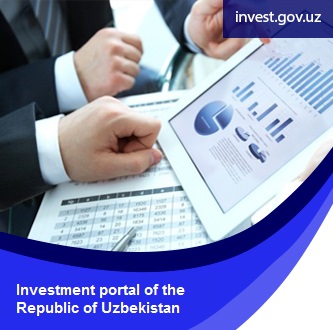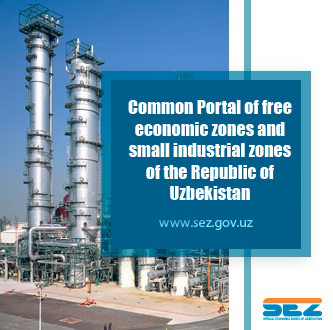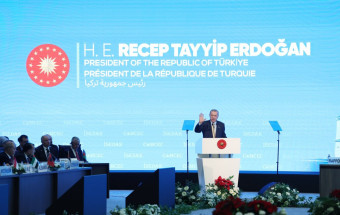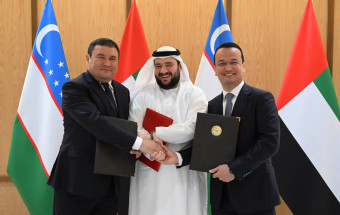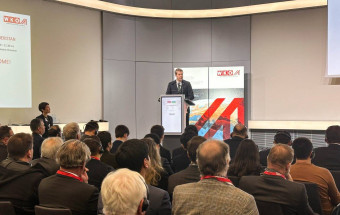Priority tasks for the transformation of the National Research University "Tashkent Institute of Irrigation and Agricultural Mechanization Engineers" were discussed
On December 11 this year Deputy Prime Minister of the Republic of Uzbekistan S.Umurzakov held a meeting with the management, faculty and students of the National Research University "Tashkent Institute of Irrigation and Agricultural Mechanization Engineers", established in accordance with the Presidential Decree "On measures to radically improve the training of engineering personnel for economic sectors based on innovation and digitalization".
During the meeting the essence and practical importance of the adopted Decree, which determines further development of the University, were discussed in detail. It was noted that the University was determined as a basic university for training personnel in the areas of hydropower, irrigation, land reclamation, innovative equipment and technologies in agriculture, water-saving irrigation technologies, renewable energy sources, geodesy and geoinformatics, ecology and environmental protection.
The decree adopted by the Head of State is also aimed at creating conditions for increasing the training level of engineering personnel with higher education for the relevant industries, improving the efficiency of irrigation systems, developing innovative methods to improve soil fertility, forming modern scientific and laboratory base, expanding scientific and innovative research, increasing the effectiveness of scientific research in the field of ecology and environmental protection, digitalization of design, construction and operation of hydrotechnologies.
It was announced that in order to implement an effective management system of the University, the Governing Council for Coordinating the activities of the University headed by Deputy Prime Minister - Minister of Investment and Foreign Trade of the Republic of Uzbekistan S.Umurzakov was established.
The tasks of the Transformation Office, which is under establishment at the University in accordance with the decree, were also discussed. This division will be engaged in the implementation of the program for transformation and integrated development of the University, with the goal of achieving its inclusion in the ranking of the top 1000 universities in the world by 2025. Among its functions are also active promotion of the University's image through domestic and foreign mass media and Internet resources, reduction of bureaucracy and full transition to the Digital University platform.
It was noted that in the near future a large-scale expansion of the University is planned: new undergraduate and graduate programs will be opened; taking into account the needs of industries, new structural units will be introduced and additional staff positions will be created.
It was separately emphasized that the University was given broad authority in the area of self-government: management would independently approve curricula, programs and qualifications, award degrees, determine the duration and cost of doctoral studies, as well as other organizational and managerial tasks.
Practical aspects of the organization of the activities of two new institutes created on the basis of University branches - the Bukhara Institute of Natural Resource Management, the Karshi Institute of Irrigation and Agrotechnology were considered. The organization of the newly created Institute of Basic and Applied Research at the University was discussed separately.
The meeting allowed to discuss in detail the priorities for the practical implementation of innovations envisaged by the Decree and to develop algorithms for their solutions.
During the event, the management, faculty, and students of the University had the opportunity to out forward their ideas and suggestions for the most effective organization of the further educational process, research work, and internships. It was proposed to establish a mechanism for constant interaction between the University and the key ministries and departments of the country to discuss and solve existing issues and effectively implement the tasks set for the University.



